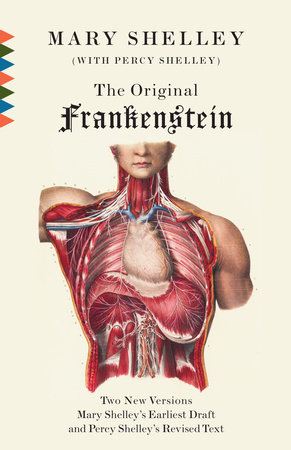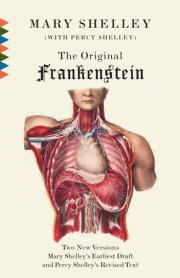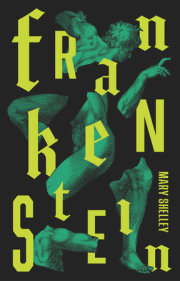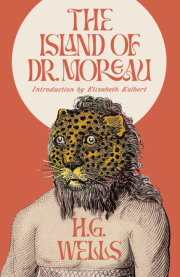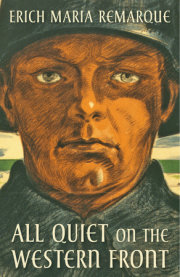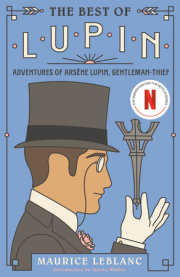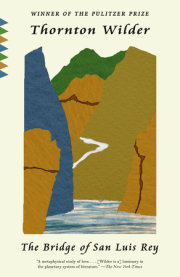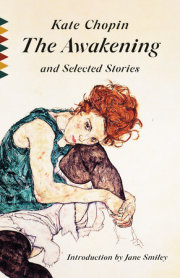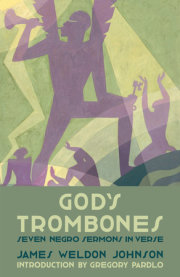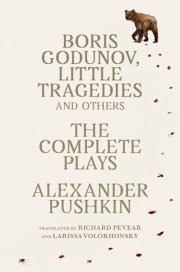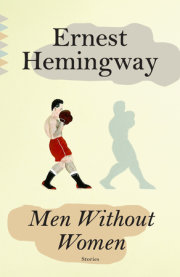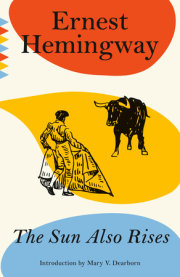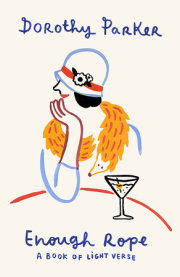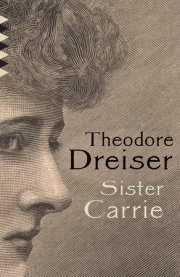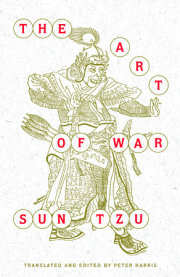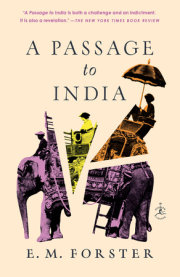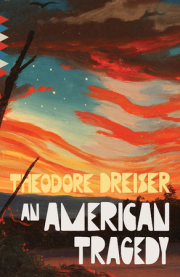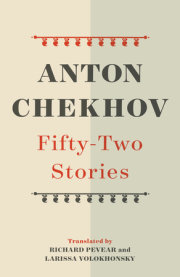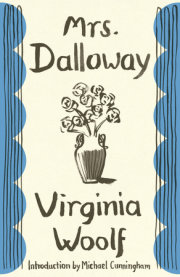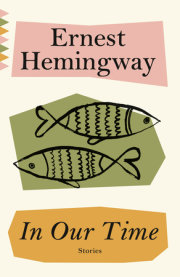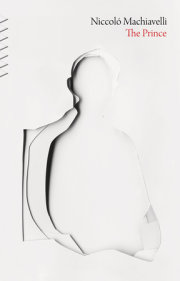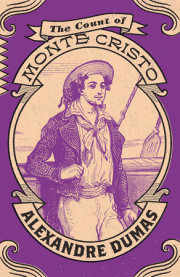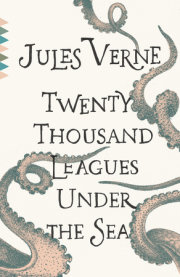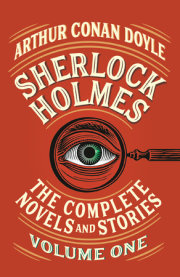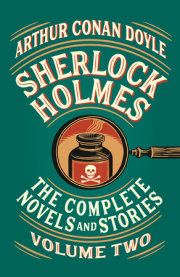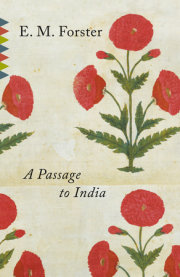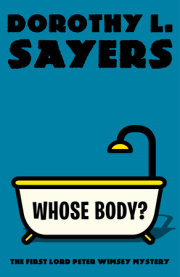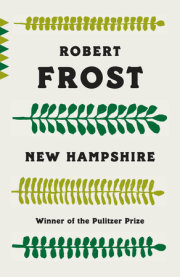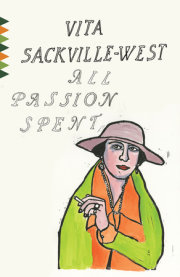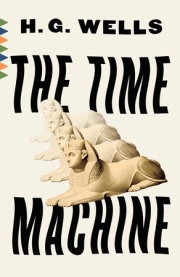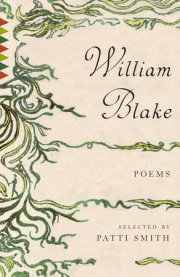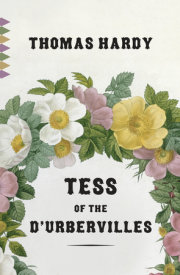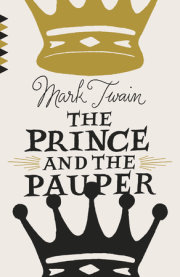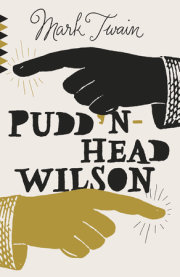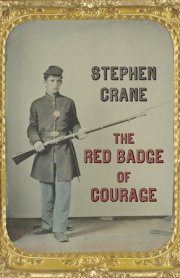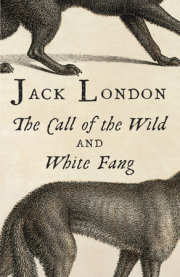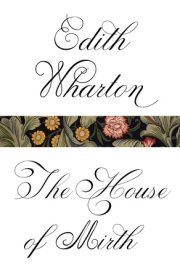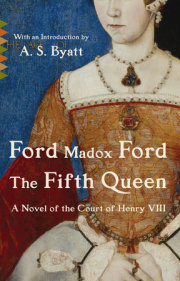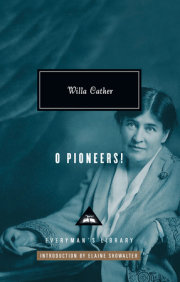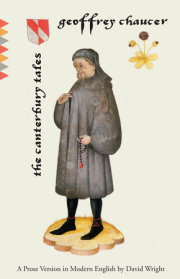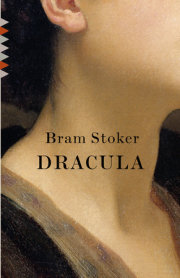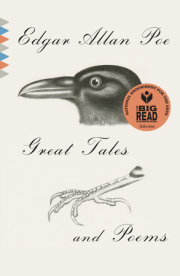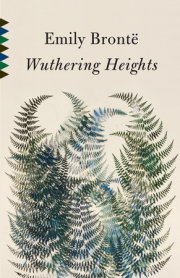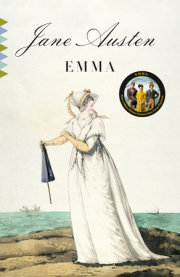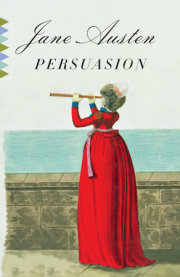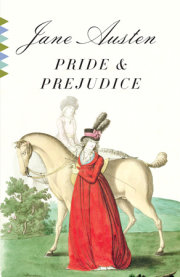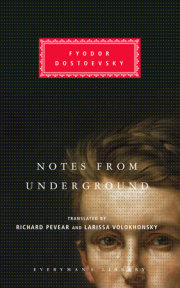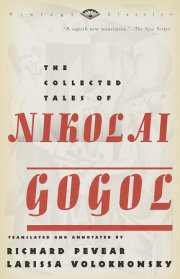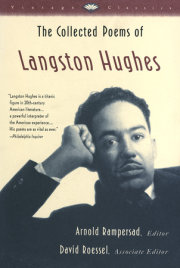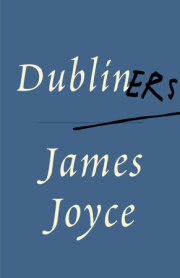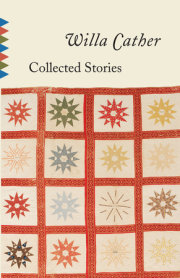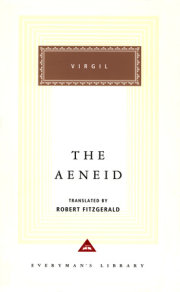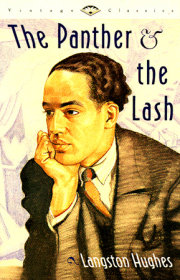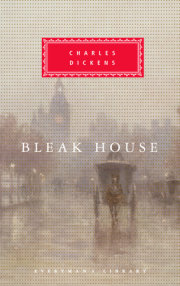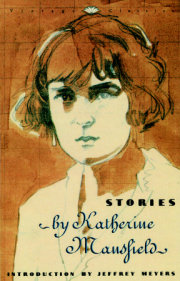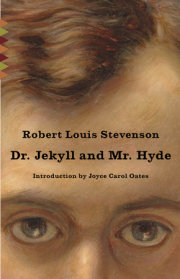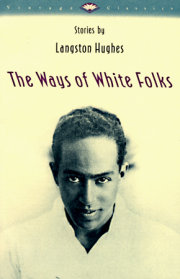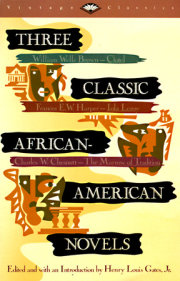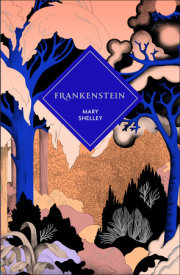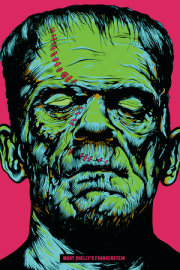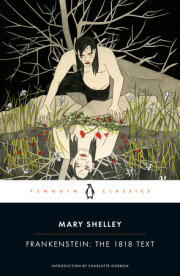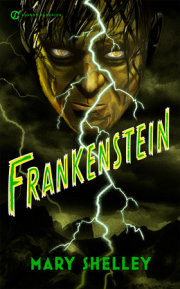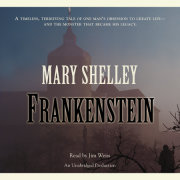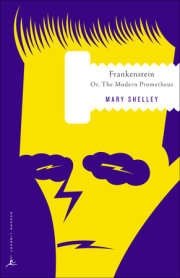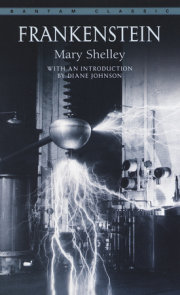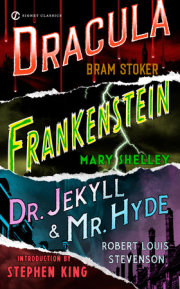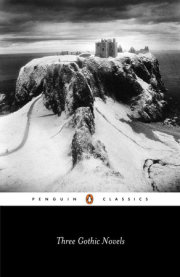Chapter 1
I am by birth a Genevese; and my family is one of the most distinguished of that republic. My ancestors had been for many years counsellors and syndics; and my father had filled several public situations with honour and reputation. He was respected by all who knew him for his integrity and indefatigable attention to public business. He passed his younger days perpetually occupied by the affairs of his country; and it was not until the decline of life that he thought of marrying, and bestowing on the state sons who might carry his virtues and his name down to posterity.
As the circumstances of his marriage illustrate his character, I cannot refrain from relating them. One of his most intimate friends was a merchant, who, from a flourishing state, fell, through numerous mischances, into poverty. This man, whose name was Beaufort, was of a proud and unbending disposition, and could not bear to live in poverty and oblivion in the same country where he had formerly been distinguished for his rank and magnificence. Having paid his debts, therefore, in the most honourable manner, he retreated with his daughter to the town of Lucerne, where he lived unknown and in wretchedness. My father loved Beaufort with the truest friendship, and was deeply grieved by his retreat in these unfortunate circumstances. He grieved also for the loss of his society, and resolved to seek him out and endeavour to persuade him to begin the world again through his credit and assistance.
Beaufort had taken effectual measures to conceal himself; and it was ten months before my father discovered his abode. Overjoyed at this discovery, he hastened to the house, which was situated in a mean street, near the Reuss. But when he entered, misery and despair alone welcomed him. Beaufort had saved but a very small sum of money from the wreck of his fortunes; but it was sufficient to provide him with sustenance for some months, and in the mean time he hoped to procure some respectable employment in a merchant's house. The interval was consequently spent in inaction; his grief only became more deep and rankling, when he had leisure for reflection; and at length it took so fast hold of his mind, that at the end of three months he lay on a bed of sickness, incapable of any exertion.
His daughter attended him with the greatest tenderness; but she saw with despair that their little fund was rapidly decreasing, and that there was no other prospect of support. But Caroline Beaufort possessed a mind of an uncommon mould; and her courage rose to support her in her adversity. She procured plain work; she plaited straw; and by various means contrived to earn a pittance scarcely sufficient to support life.
Several months passed in this manner. Her father grew worse; her time was more entirely occupied in attending him; her means of subsistence decreased; and in the tenth month her father died in her arms, leaving her an orphan and a beggar. This last blow overcame her; and she knelt by Beaufort's coffin, weeping bitterly, when my father entered the chamber. He came like a protecting spirit to the poor girl, who committed herself to his care, and after the interment of his friend he conducted her to Geneva, and placed her under the protection of a relation. Two years after this event Caroline became his wife.
When my father became a husband and a parent, he found his time so occupied by the duties of his new situation, that he relinquished many of his public employments, and devoted himself to the education of his children. Of these I was the eldest, and the destined successor to all his labours and utility. No creature could have more tender parents than mine. My improvement and health were their constant care, especially as I remained for several years their only child. But before I continue my narrative, I must record an incident which took place when I was four years of age.
My father had a sister, whom he tenderly loved, and who had married early in life an Italian gentleman. Soon after her marriage, she had accompanied her husband into his native country, and for some years my father had very little communication with her. About the time I mentioned she died; and a few months afterwards he received a letter from her husband, acquainting him with his intention of marrying an Italian lady, and requesting my father to take charge of the infant Elizabeth, the only child of his deceased sister. "It is my wish," he said, "that you should consider her as your own daughter, and educate her thus. Her mother's fortune is secured to her, the documents of which I will commit to your keeping. Reflect upon this proposition; and decide whether you would prefer educating your niece yourself to her being brought up by a stepmother."
My father did not hesitate, and immediately went to Italy, that he might accompany the little Elizabeth to her future home. I have often heard my mother say, that she was at that time the most beautiful child she had ever seen, and shewed signs even then of a gentle and affectionate disposition. These indications, and a desire to bind as closely as possible the ties of domestic love, determined my mother to consider Elizabeth as my future wife; a design which she never found reason to repent.
From this time Elizabeth Lavenza became my playfellow, and, as we grew older, my friend. She was docile and good tempered, yet gay and playful as a summer insect. Although she was lively and animated, her feelings were strong and deep, and her disposition uncommonly affectionate. No one could better enjoy liberty, yet no one could submit with more grace than she did to constraint and caprice. Her imagination was luxuriant, yet her capability of application was great. Her person was the image of her mind; her hazel eyes, although as lively as a bird's, possessed an attractive softness. Her figure was light and airy; and, though capable of enduring great fatigue, she appeared the most fragile creature in the world. While I admired her understanding and fancy, I loved to tend on her, as I should on a favourite animal; and I never saw so much grace both of person and mind united to so little pretension.
Every one adored Elizabeth. If the servants had any request to make, it was always through her intercession. We were strangers to any species of disunion or dispute. For, although there was a great dissimilitude in our characters, yet there was an harmony in that very dissimilitude. I was more calm and philosophical than my companion. Yet I was not so mild or yielding. My application was of longer endurance, but it was not so severe whilst it endured. I delighted in investigating the facts relating to the actual world–she busied herself in following the aerial creations of the poets. The world was to me a secret which I desired to discover–to her it was a vacancy which she sought to people with imaginations of her own.
My brothers were considerably younger than myself, but I had a friend in one of my schoolfellows who compensated for this deficiency. Henry Clerval was the son of a merchant of Geneva, an intimate friend of my father. He was a boy of singular talent and fancy. I remember when he was only nine years old he wrote a fairy tale which was the delight and amazement of all his companions. His favourite study consisted in books of chivalry and romance; and, when very young, I can remember that we used to act plays composed by him out of these books, the principal characters of which were Orlando, Robin Hood, Amadis, and St. George. No youth could be more happy than mine. My parents were indulgent, and my companions amiable. Our studies were never forced, and by some means we always had an end placed in view which excited us to ardour in the prosecution of them. It was by this method, not by emulation, that we were urged. Elizabeth was not told to apply herself to drawing that her companions might not outstrip her, but by the desire of pleasing her aunt by the representation of some favourite scene done by her own hand. We learned Latin and English that we might read the writings in those languages; and, so far from study being rendered odious to us through punishment, we loved application, and our amusements would have been the labours of other children. Perhaps we did not read so many books or learn languages so quickly as those who are disciplined according to the ordinary method, but what we learned was impressed the more deeply on our memory. In the description of our domestic circle I include Henry Clerval, for he was constantly with us. He went to school with me and generally passed the afternoon at our house; for being an only child, and destitute of companions at home, his father was pleased that he should find associates at our house; and we were never completely happy when Clerval was absent.
Copyright © 2008 by Bodleian Library, University of Oxford. All rights reserved. No part of this excerpt may be reproduced or reprinted without permission in writing from the publisher.

